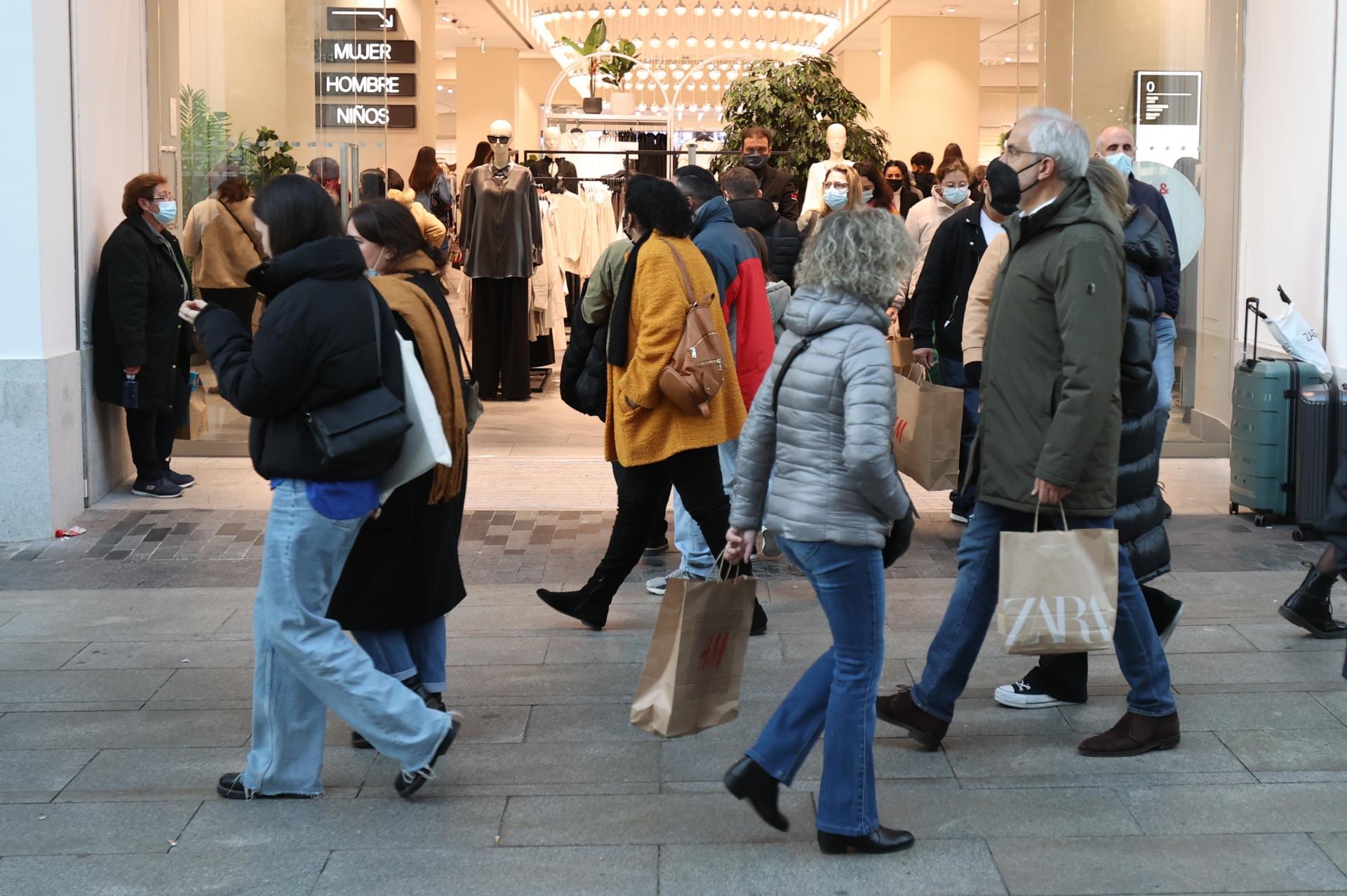Mallorcans sit tight
The centre of Palma has been relatively quiet over the past few weeks
The small retail associations have reported that spending in the run up to Christmas, despite numerous campaigns to try and encourage consumers to get out and spend, was 25 percent down on 2019 in the centre of Palma while across the island in non metropolitan areas, spending rose by 26 percent.


No comments
To be able to write a comment, you have to be registered and logged in
Currently there are no comments.